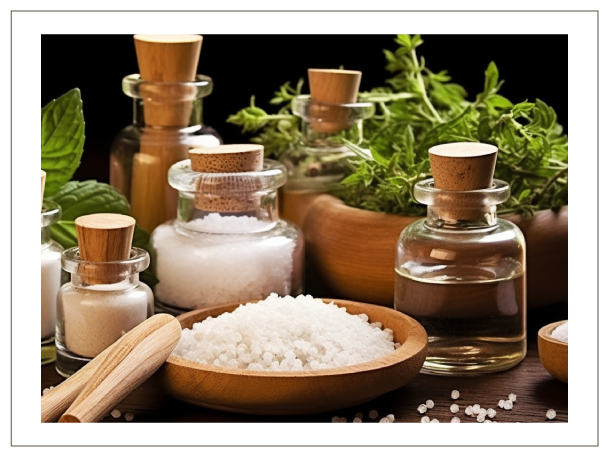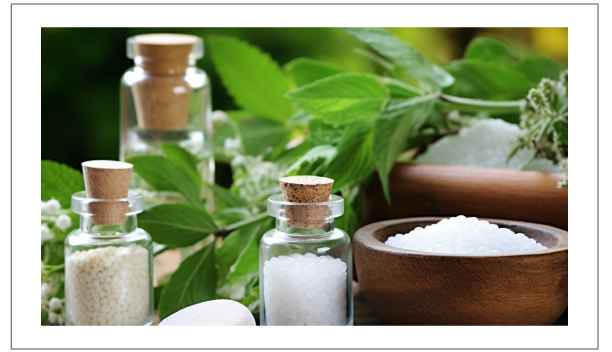Services
HOMEOPATHY is a gentle, holistic system of healing and can be used for everybody: babies, pregnant women, sensitive patients and elderly people. Homeopathy can both cure and prevent problems.
Homeopathy is a system of medicine which involves using highly diluted substances, mainly in tablet form, to treat disease and ill health. The effect is to trigger the body’s natural system of healing. The job of the homeopath is to prescribe remedies tailored to the requirements of each individual patient.
This approach to illness is based on the principle that you can treat ‘like with like’. This means that a substance which causes symptoms when taken in large doses, can be used in small amounts to treat those same symptoms. Conventional medicine, for example, uses Ritalin to treat patients with ADHD (attention deficit hyperactivity disturbance) or small quantities of pollen to de-sensitize patients with allergy problems. In homeopathic medicine, however, the remedies are so highly diluted that they are completely free of toxicity and totally safe.

Homeopathic practice looks at the body as a whole, how it develops and functions and is able to control diseases. It was called “vis medicatrix naturae”- nature’s healing power. Disease is a distraction of the ability to heal. In this case homeopathic medicine corrects loss of body strengths and helps to overcome the illness, not just reduce its symptoms. There is no medicine for “disease”, but there is medicine for certain human personalities, ways of thinking, behavior, loves or hates, the ability or inability to cope with situations.

Homeopathic remedies are prepared using a careful process of dilution and vigorous shaking known as “ succussion”.
How they work has never been satisfactorily explained, but laboratory experiments have demonstrated that they have a biological effect.
One theory is that the dilution and agitation processes cause an interaction between the original material (derived from a plant) and the water and alcohol it is mixed with. Tiny new structures (nanostructures) are formed which become the active ingredient and are not destroyed even when the sample has been diluted many, many times.

Although the origin of homeopathy dates back to Hippocrates (460-377BC), its popularity nowadays goes back no further than about 200 years.
It was, so to speak, “rediscovered” by Dr Samuel Hahnemann, who decided to investigate the possibility of reducing the damaging side-effects associated with the often rough-and-ready surgical practices of his day.
He began experimenting on himself and a number of volunteers, giving smaller and smaller doses of natural medicines and found unexpectedly that his remedies appeared to be more effective the lower the dose.
Hahnemann’s records of his work formed the basis of what is now known as homeopathic medicine.